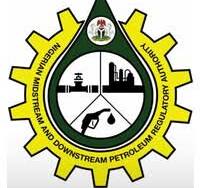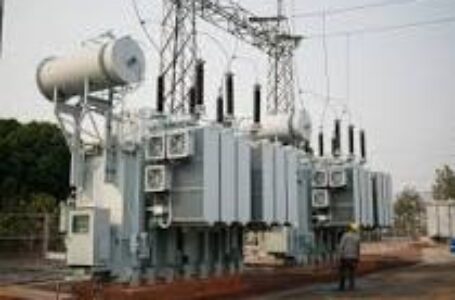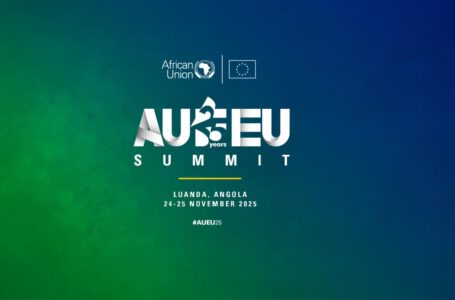NMDPRA and S&P Global Partner to Launch Pilot Indices for Refined Product Prices in West Africa

The Chief Executive of the Nigerian Midstream and Downstream Petroleum Regulatory Authority (NMDPRA), Engr. Farouk A. Ahmed, has emphasized the need for an African reference market for refined petroleum products to promote price discovery, transparency, and market development.

Speaking at a two-day strategic engagement organized by NMDPRA in partnership with S&P Global, Ahmed noted that despite being a significant producer of hydrocarbon resources and a growing refining hub, West Africa continues to depend on posted prices of global reference markets.
According to him, a regional pricing benchmark would facilitate the growth of trading of petroleum products in the region, establishment of additional storage and supply infrastructures, real-time pricing data, and attracting downstream investments.
Ahmed highlighted the progress made in the West African region, including improved refining capacities in Nigeria, Ghana, Niger, Senegal, and Cote D’Ivoire, which currently stands at 1.335 million barrels per day.

The NMDPRA Chief Executive also noted that Nigeria is rapidly evolving into a midstream and downstream trade and logistics center, with an active maritime coastline, deep seaports, and regulatory frameworks that support world-class standards of maritime operations.
Ahmed emphasized the importance of collaboration and innovation in establishing an African reference market, which would provide clarity, reduce arbitrage inefficiencies, and foster confidence in African pricing frameworks.
“The time is now, the opportunity is immense and through strategic collaboration, innovation and shared vision, we will not only establish an African reference market, but will also create a legacy of enduring prosperity for all.”
The partnership between NMDPRA and S&P Global Commodity Insights aims to launch pilot indices that capture refined product prices in Nigeria and West African energy markets, providing vital information for bilateral contracts, lending, hedging, and investment decisions.
In his keynote address,the Chief Executive Officer of Dangote Group and Refinery, Mohammed Aliko Dangote, emphasized the need for Africa to develop a refining hub to harness its potential and reduce dependence on imported petroleum products.
Dangote highlighted the continent’s vast oil reserves and the potential for economic growth through local refining.
“Africa produces approximately 7 million barrels of crude oil per day but refines only 40% of its domestic consumption. The continent imports over 120 million tonnes of refined petroleum products annually, resulting in a $90 billion market opportunity being captured by regions with surplus refining capacity”.
Dangote identified three broad categories of challenges that hinder Africa’s refining capacity: technical, commercial, and contextual. He cited the complexity of building a world-class refinery, securing crude feedstock, transporting it, and selling refined products in a fragmented market with different fuel specifications.
The Dangote Refinery CEO also highlighted the issue of dumping cheap, often toxic, petroleum products, which creates an unlevel playing field for local producers. He urged governments across Africa to take deliberate steps to protect domestic producers from unfair competition, just as the U.S., Canada, and the EU have done.
Dangote emphasized the need for policy alignment, regional cooperation, and strong political will to dismantle obstacles to refining capacity development. He cited the example of the offshore Lome floating market, which he described as a uniquely African phenomenon that prevents refineries from emerging.
Despite these challenges, Dangote remains optimistic about the opportunity for Africa to develop its refining capacity. He cited the success of the Dangote Refinery, which has become a net exporter of refined petroleum products, polypropylene, and urea.






